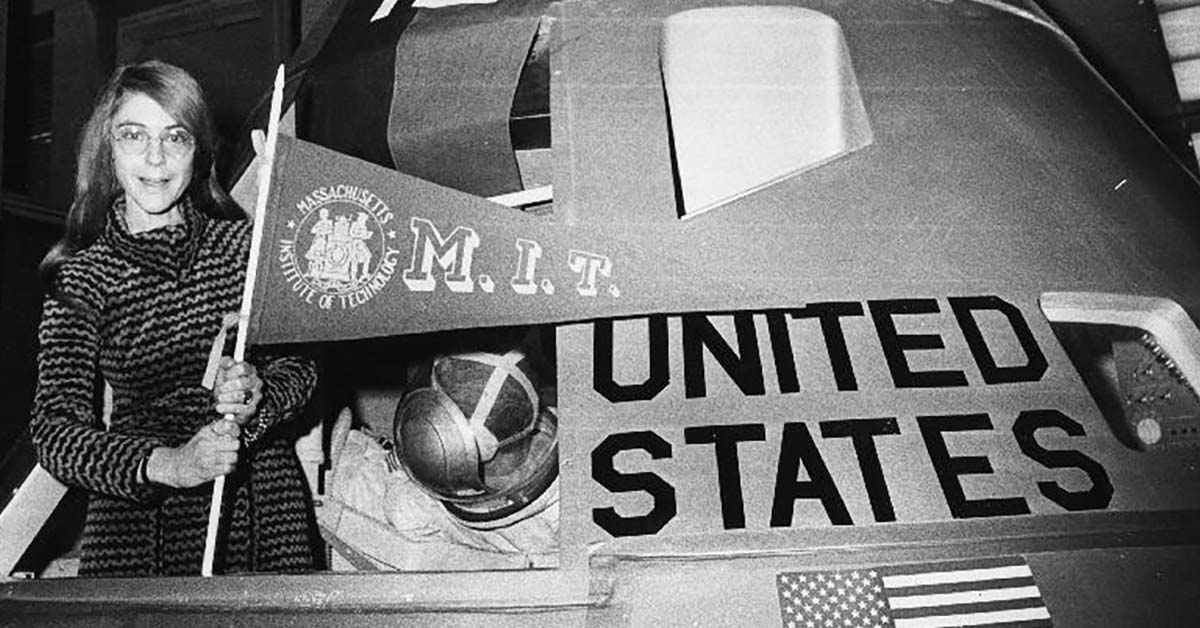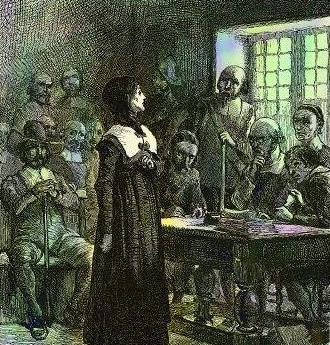In honor of Women’s Month, which is every March, it seemed like a good idea to highlight one of the most famous women from Massachusetts. Born in Oxford, MA in 1821 to a prosperous family of farmers, Clarissa Barton (better known as Clara) would go on to become one of the most celebrated women in the world for her efforts in medicine and her fiery passion for helping others in pain and need.
When she was a kid, she was so painfully shy that her folks sent her to a phrenologist. This is one of those wacky 19th century trends where they believed they could read and define your personality type based on the shape of your head and the bumps in your scalp. This Phrenologist suggested that the family send this incredibly timid young lady to become a teacher, which she did.
At age 24, after about 6 years of teaching, she decided she needed to educate those who had less access to it, and opened a school at the mill where her brother worked, for children of factory workers. Soon after, she moved to New Jersey and started the first free school in Bordentown, but quit shortly after when she discovered that a newly hired man was making twice her salary. She dropped the proverbial mic on her way out, telling them if they wanted half her talent at double the price, then she’d take her talents elsewhere.
Moving to Washington, DC, she got a great salary of $1400, same as all the men in the patent office she was working at, and becoming the first women in American history to hold the job of Patent Clerk. But James Buchanan’s administration scrapped the position entirely in 1857, and she went on the job hunt yet again, finally returning to the patent office as a copyist in 1860.
But she knew this was not her dream job and final destination. When the Civil War broke out, she knew that helping in whatever way she could was the main focus of her life. While traveliing to the frontlines, a group of Union soldiers in Baltimore, Maryland, were attacked by a pro-Confederacy mob. Clara left the patent office one morning when she heard about it, and went directly to Baltimore to tend to the wounded from this riot. She never went back. Instead, she devoted the rest of her life to helping those affected by violence or injustice. Initially, she helped acquire supplies for the Union to be transported to frontlines. Once she delivered the supplies, however, she was unable to turn a blind eye to the dying and wounded all around her.
When she was younger, her brother David had been smashed in the head and lay suffering and healing for two years in bed. Never leaving his bedside in those years, she had helped nurse him back to health, learning bloodletting, leeching, and other medical techniques (yeah, I know they didn’t work, but that’s not the point!) along the way. Amazingly, David survived, and became a Captain in the War, himself. Clara, for her part, had excellent medical instincts and a passion for healing, if no formal medical training, which were quickly recognized and put to use.
Finding herself on the field at the battle of Antietam, the bloodiest day in American history, she insisted on tending the wounded, despite shells flying all around her, and furious battle raging. Civil War medics were only too happy for the helping hand, and soon Clara was doing it full time. Wandering into the middle of battles such as Mannassas, Fredericksburg, and Cold Harbour, with smoke and blood bursting all around her, she calmly walked in her nurse outfit: all-white clothing, like some kind of benevolent ghost, or angel, tending the wounded, and pulling bodies to be identified for their families. Before long the men started referring to her as the Angel of the Battlefield.
By the end of the war, this formerly cripplingly shy girl from Oxford was the head nurse of her own unit, a major supplier of goods and medical equipment to battlefields, and was given permission by Abe Lincoln to start an organization for tracking down and identifying remains for those soldiers who had gone missing. Her care was not limited to mere medicine. She would sit and talk with lonely soldiers, read to them, pray with them, and help them write letters back home. She acted the part of therapist for these broken men, gave them hope when there was none. A man whose arms had both been blown off named Thomas Plunkett assumed he was on his death bed, but Clara would not let him surrender, and within months, she had placed him on a train home. When it became clear that he would not be paid his military wages for long enough to receive a pension, it was Clara who petitioned Senator Henry Wilson himself, and made sure he would be taken care of for the rest of his life.
Also present at the famous assault on Fort Wagner by the 54th All Black Regiment of Massachusetts, she tended the wounds of many black men, developing a deep admiration for their courage. She began to dedicate time and resources to helping formerly enslaved people to make the transition to freedom after the war, and send them north.
After the war, she spent four grueling years tracking down the final moments of missing soldiers, responding to their families’ pleas for help, and writing thousands of letters. She also continued to advocate for black rights, and entered the fray into women’s suffrage. When this job wrapped up in 1869, an exhausted Clara was told by doctors to take a trip to recover. She decided on a journey to Switzerland in 1869, where she met with medical experts in Europe. She discovered other men and women like her, who walked the battlefields of Europe dressed in white, with a large DO NOT SHOOT sign on their clothing in the form of a large, Swiss cross in bright red. The International Red Cross, based in Switzerland, made her realize what was missing in the United States, though it took her a few years to raise funds for the American Red Cross, which she founded in 1881. She would serve as its president until 1904, through the Spanish-American War and beyond. By the time she retired, she was 83 years old.
She had become so vocal and such a self-promoting machine by the end of her lifetime that some continue to hold a low opinion of this incredible woman. Without her efforts, her nagging, demanding aide and donations, many of her life works would never have come to fruition. By disregarding any hope of being loved, she was able to accomplish more good in one lifetime than almost any other American in our history. Don’t dig too deep on her personality, as she was often accused of being an egomaniac. A woman who never married, she was often accused of not knowing her place. Demanding equal pay to men was unheard of, and may have given her a bad rep, as well. She resigned from the Red Cross not because of age, but because she was pushed out due to possible financial malfeasance. In other words, the angel of the battlefield was, indeed, human. But the incontrovertible truth that she would forever change the face of women’s rights and aid to those in need, both on a battlefield and in daily life, cannot be denied. This incredible woman from a small town in Massachusetts altered her time, and continues to have an impact on our present.
More Blogs
- Boston Historical Tours
All Blogs Hat Tip to the LOLs The remarkable tale of Margaret Hamilton is one of the highlights of our Innovation Tour. Hamilton was Director of Software Engineering for NASA’s Apollo program.
- Boston Historical Tours
All Blogs Hat Tip to the LOLs The remarkable tale of Margaret Hamilton is one of the highlights of our Innovation Tour. Hamilton was Director of Software Engineering for NASA’s Apollo program.
- Boston Historical Tours
All Blogs Dickens and a Christmas Carol Come to Boston A long time ago, longer than I would care to admit, I was asked to develop a Christmas themed tour for a
- Daniel Berger-Jones
All Blogs Anne (Marbury) Hutchinson Anne Hutchinson, puritan, wife, mother, midwife and top notch rabble-rouser. If you’ve never heard of her, it’s not your fault, probably… Anyway, I don’t know if she



